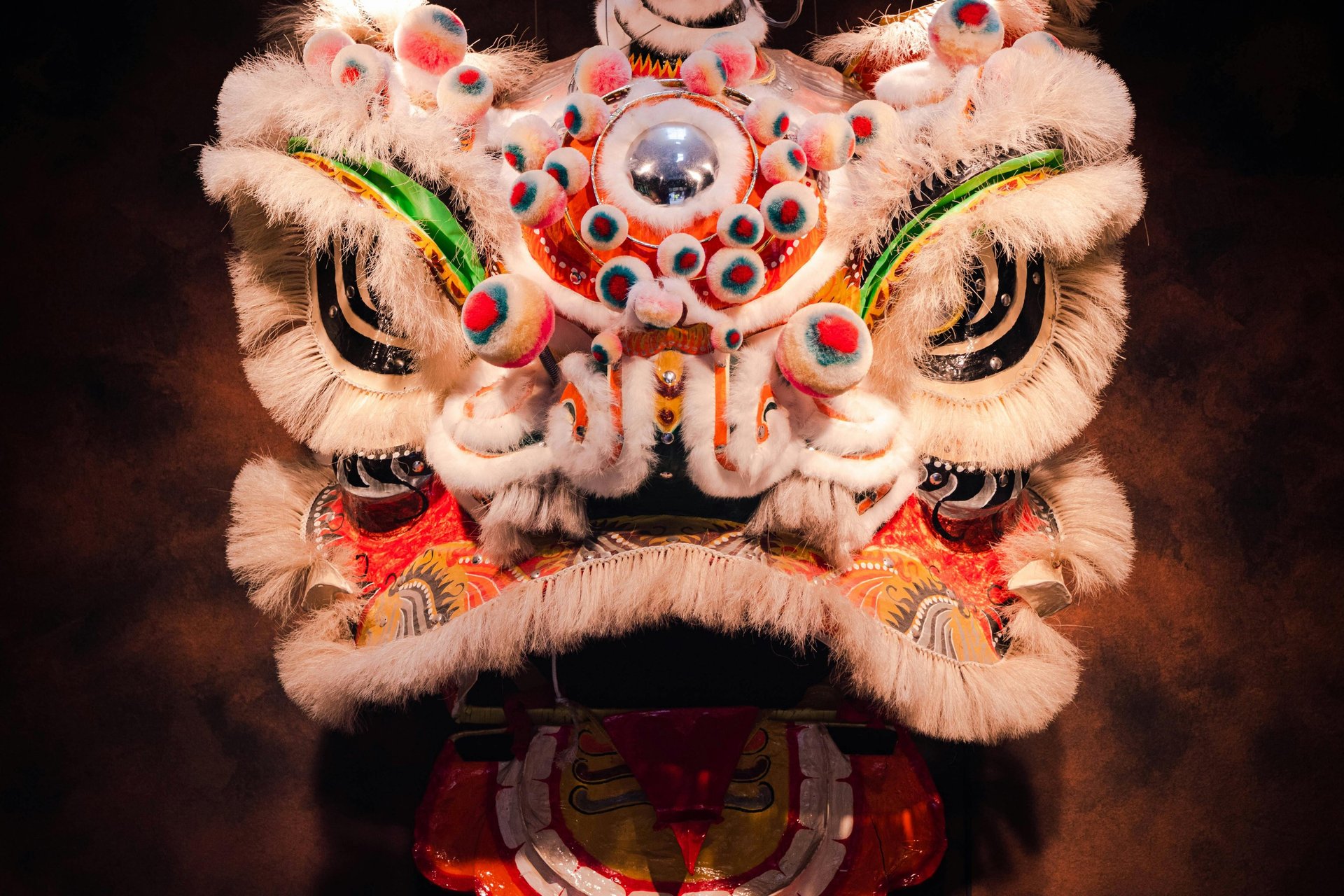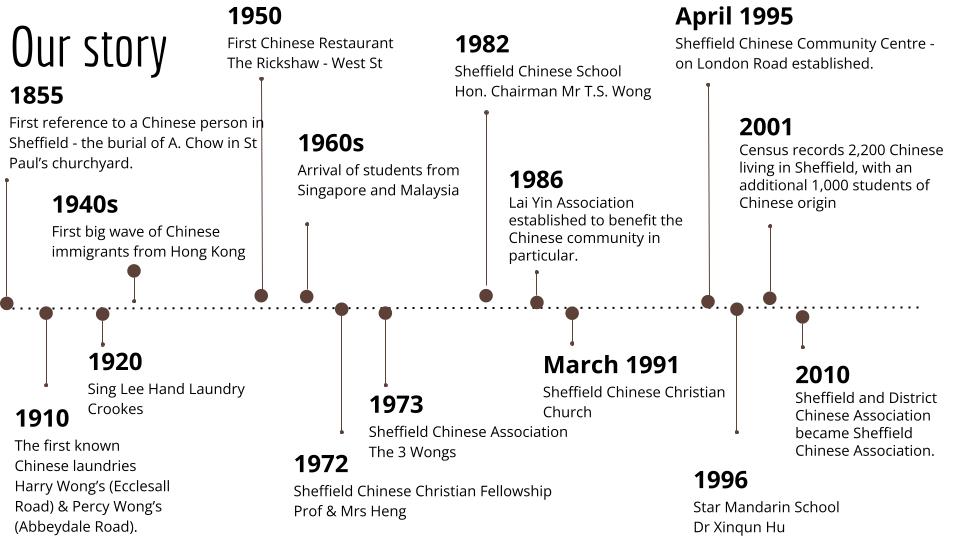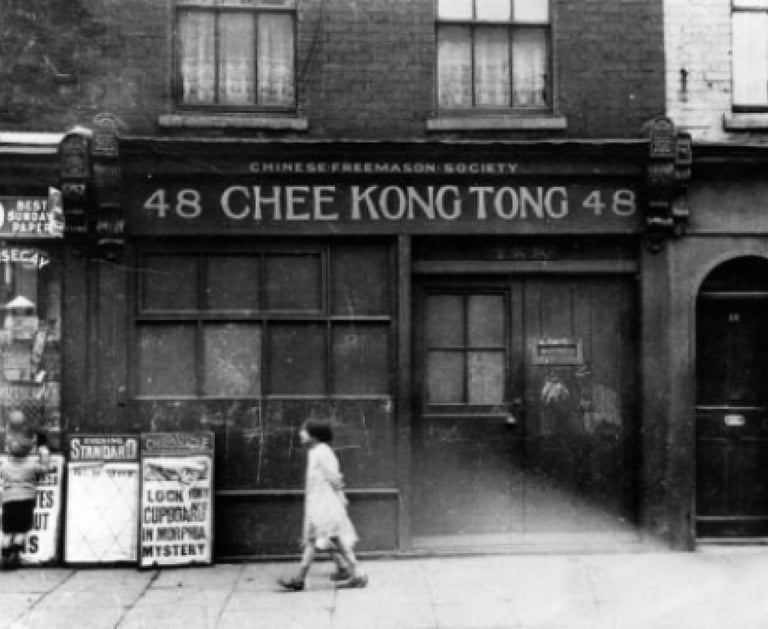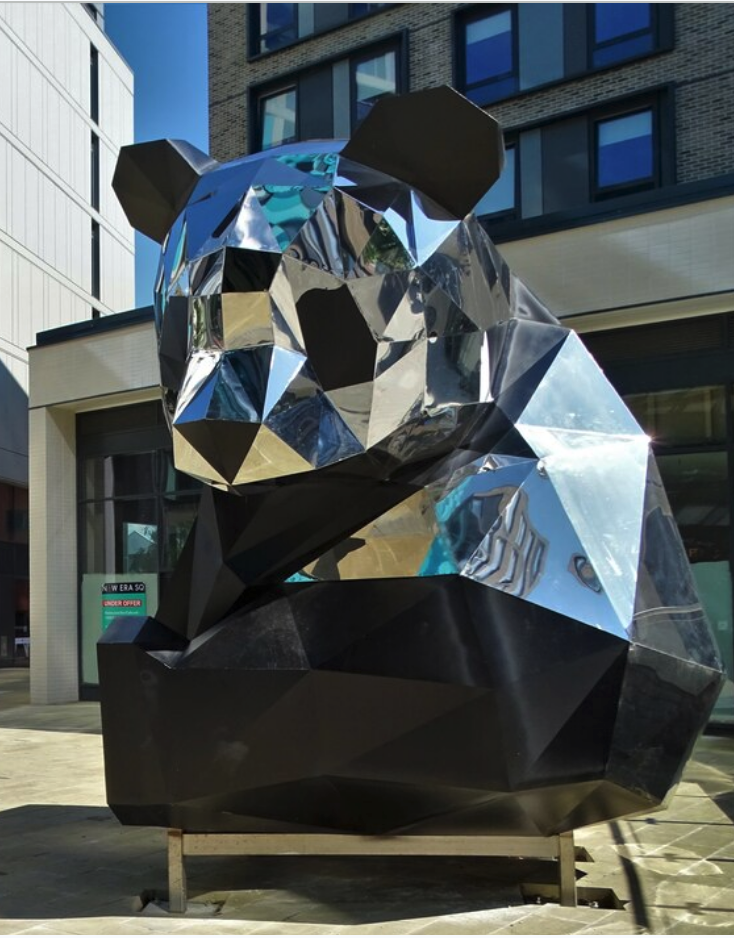
Changing Seasons aims to provide support and honour the Chinese Community
Objectives, Aims & Outcomes
Remember
Empower
Pass on a legacy to the next generation, recognise the efforts of the previous generation in building a home overseas.
Enable the creation of a safe, welcoming space for those experiencing memory loss and isolation.
Celebrate contributions of the Chinese diaspora in Britain - raise awareness, enable social inclusion, and dispel myths and stereotypes
Embrace
Create a supportive network for family/carers so that they are better equipped to deal with the enormous challenges they face.
Educate


Chinese in Britain
The United Kingdom has the oldest Chinese community in Western Europe. The first waves of immigrants came between 1842 (the end of the First Opium War) and the 1940s (the end of World War II), largely through treaty ports opened as concessions to the British for the Opium Wars, such as Guangzhou, Tianjin, and Shanghai.
British Chinese communities began to form in British ports in Liverpool, London, Cardiff, and Glasgow. In the Liverpool area, by the end of World War II, an estimated 900 Eurasian children were born to Chinese fathers and white mothers.
The community is widely dispersed across the country.
Compared with most other ethnic minorities in the UK, the Chinese are amongst the most geographically dispersed and currently makes the lowest use of health services of all minority ethnic groups. There is a great health inequality between the Chinese community and the general population. Language difficulties and long working hours in the catering trade present major obstacles to many Chinese people in accessing mainstream health provision. Language and cultural barriers can result in inappropriate health solutions being given. Isolation is a common problem amongst this widely dispersed community and can lead to a range of mental illnesses.


The term "British-born Chinese" (BBC) and have become common ways of describing ethnic Chinese who were born in the United Kingdom. However, the newer term of "British Chinese" began to emerge in the 1990s as a way to articulate a bicultural identity.
Diana Yeh (British Chinese sociologist) argues that the term is also a means to negotiate and offer agency to individuals often rejected as not being "British" or "Chinese" enough, yet also not being as visible as "Black" or "Asian" ethnic minorities.Along with the term "British Chinese," there has been an increasing use of more inclusive umbrella terms such as "British East Asian" (BEA) and "British East and Southeast Asian" (BESEA), especially in the arts sector and in the face of racism during the COVID-19 pandemic.
Sheffield’s Community
Although Chinese have a long history of settling in the United Kingdom for more than 200 years, the 1991 census was the first to introduce a question on ethnicity; earlier censuses only recorded country of birth.The first settlers tended to come via trading links between Britain’s ports such as Liverpool with ports such as Shanghai. Outside of London, Manchester, Birmingham and Liverpool have the largest Chinese communities.
The earliest reference to Chinese settlers in Sheffield can be found in the burial register for St Paul’s churchyard (now the Peace Gardens) for 1855. On 31 May 1855 A. Chow son of Too Ki (a magician) was buried. The vicar has written the word 'Chinese’ in the entry. Nothing else has been discovered about Too Ki.
However it wasn’t until the 1960s that many more Chinese came to settle in the city. The 2001 census recorded 2,200 Chinese people in Sheffield, with an additional 1,000 students of Chinese origin.
The 2001 census recorded 2,200 Chinese people in Sheffield, with an additional 1,000 students of Chinese origin. By 2011, this figure had increased to 7,400.
The 2021 Census recorded a population of 29,589 Chinese persons living in Yorkshire and the Humber.
Cantonese and related dialects, is spoken by 300,000 Britons as a primary language, whilst 12,000 Britons speak Mandarin Chinese and 10,000 speak Hakka Chinese. The proportion of British Chinese people who speak English as a first or second language is unknown.


The highest concentrations of Chinese in Sheffield are found in Highfield, Sharrow, Broomhill, and Broomhall. They have come from mainland China, Hong Kong, Macau, Malaysia, Singapore, Taiwan as well as other parts of Britain.
London Road in Sharrow is recognized as Sheffield's unofficial Chinatown due to its high concentration of restaurants, supermarkets and other stores.
